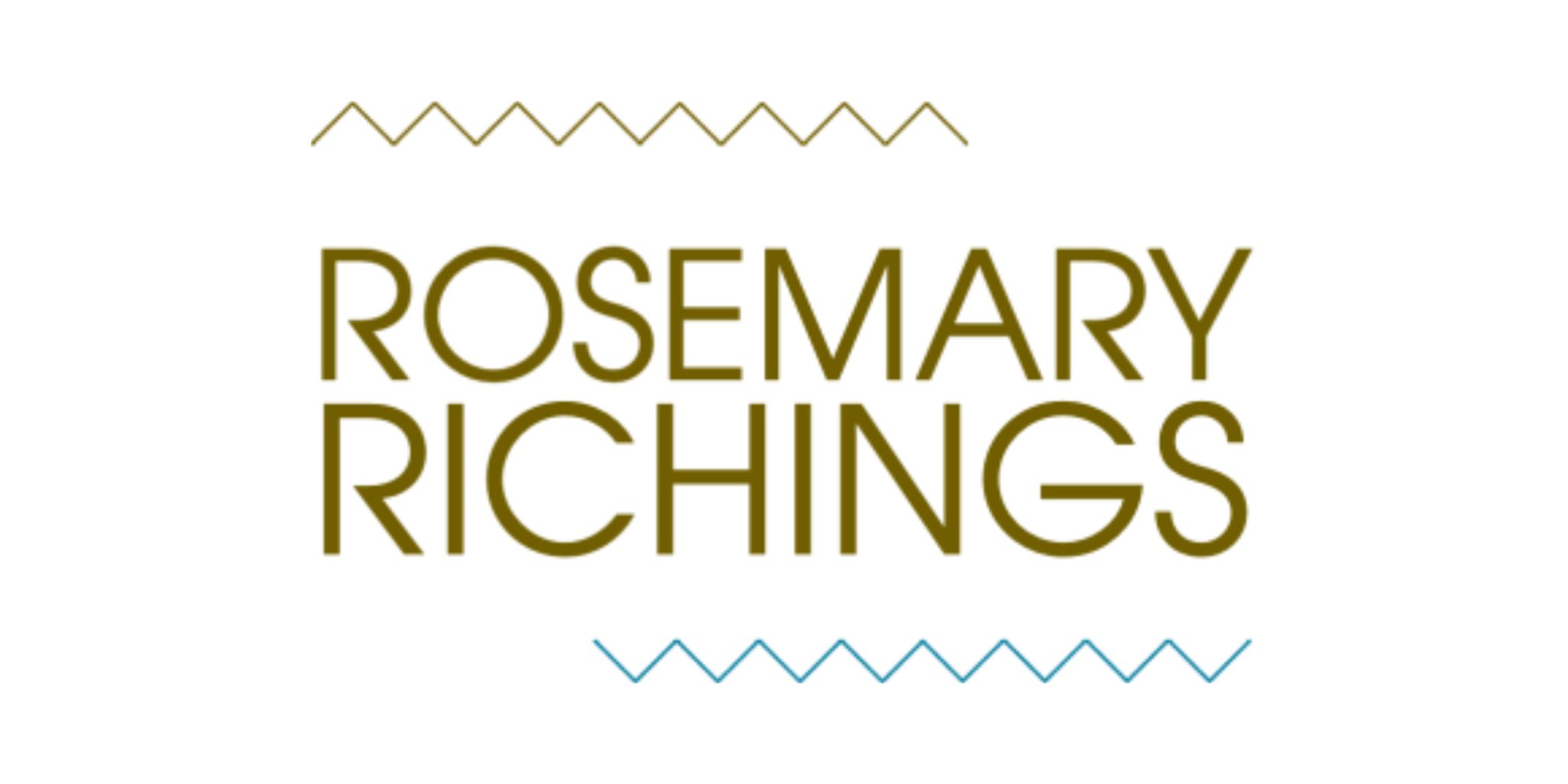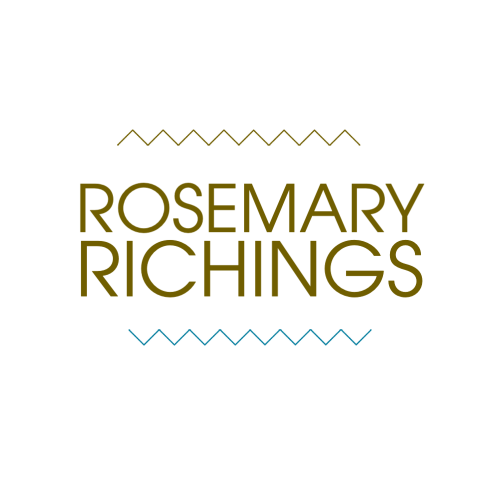Do you want to maintain boundaries with your clients? And why exactly is maintaining boundaries so important?I think Copyblogger summed this up perfectly. If you respect and maintain boundaries (more specifically your own), clients will respect yours as well. And that’s really important because as an independent freelancer and business owner, you set your own hours. There is no overtime pay, and no incentive to work extra time (unless otherwise stated in your invoice).
Let’s talk about what happens when you maintain boundaries…
Really what it comes down to is how your client treats you. Would you rather be the desperate, hungry freelancer for hire that is treated like an intern-on-call? Or…would you rather be the expert in your field that the client is trusts and respects?
If you’re reading this, it’s safe to assume you would rather be treated like an expert worth taking seriously. Yeah, I totally get it! Me too! That’s exactly why I take client boundaries extremely seriously.
How exactly do I do that?
It’s all about the communication process with the client, from day one to the end of our first project.

1) All big projects require a contract
When I’m referring to “big” projects, I mean ones where the client is making a large financial investment, so stuff like entire websites. This will help give you a legally binding piece of paper you can refer back to when you don’t agree on something.
Often I require clients that are making large investments of time and money ($1,000 or more) to pay a 50% deposit upfront. However, when a client wasn’t okay with that a dialogue happened with ease:

Fair enough, honestly. Bad experiences happen sometimes, and I simply responded back and came up with payment terms that suited us both. And let’s be real here.
If we didn’t negotiate the terms of the contract when we started working together, this might have come up later, when the client seemed surprised about receiving an invoice so quickly. And that sense of surprise is bad for business because it damages client relationships. But why is that the case? Because client relationships are about listening and building relationships.
Since the client knew exactly what I expected out of them, and vice versa a sense of trust was immediately established.
Why not having (or being a lawyer) isn’t an excuse:
I don’t have a legal background and no one in my family is a lawyer. So, when it comes to writing contracts I don’t actually know what I’m doing. But I use a contract creation software called And Co that prides itself on being Freelance Union approved.
And that’s good enough for me because I will only sign a contract if it protects my rights as a freelancer. It even translates legal mumbo-jumbo into Simple English. This allows me to understand exactly what is and isn’t being included in the contract.
Then I fill in the blanks with the applicable info.
2) Everyone gets my client welcome package
The idea to create a welcome package started when I took the Stress Less and Impress course because it was an entire unit covered in the course. Basically, what it does is giving clients a basic intro to all the important parts of working with me:

The table of contents from my welcome package (just to give you an idea of what it looks like). This leads to the client respecting my time and are a lot less confused about what to do next. In fact, recently had a client apologize for a meeting starting later than we expected. And that’s a 100% thanks to my welcome package, which sends a message that my time is valuable, and I can only be reached at very specific times, days, and via extremely specific conditions.
3) I don’t answer messages after a certain time
And when I do, I use Yesware‘s email scheduling tool to send a message at 10 AM the next business day. This allows me to maintain boundaries through getting my clients used to my schedule.
A fun fact about how I work is that sometimes I will have an answer to my client’s question at 10 PM, but don’t want to send out a message that I work 24/7. That’s exactly where pre-scheduling my reply for the next business day really comes in handy!
However, I do break that rule under very specific conditions:
- The email is from someone I have never worked with before, that wants to work with me ASAP. Then I answer their question and tell them when they can reach me in the process.
- I have made an agreement with a client to have a meeting after hours (rarely happens, but occasionally I have to negotiate tight deadlines)
- Something happened that is an “everything is going to burn to the ground” type of emergency
Sometimes it’s tempting to break my own rules. For instance, a client sent me a message shortly before my bedtime recently. And because I’m really, emotionally invested in what I do, I couldn’t help but notice the message popping up on phone.
But then I read the message and realized that it was something that could so easily be tomorrow’s problem, I resisted the urge to reply instantly!
4) I limit what I’m willing to do for free
Believe it or not, if you want to maintain boundaries you also have to have strict rules about what you’re willing to do for free and what you’re not willing to do for free. I know this because I experience this often. Because not everyone will recognize the value of your work.
Don’t get me wrong. It’s okay to do things at no cost under extremely specific conditions. But you don’t want to do it so often that you’re seen as free labour by potential clients and peers. This happened to me once when a client couldn’t afford my services. It was clear that despite all that they saw me as a trustworthy source of advice. Because they sent me a long list of questions about running and managing a blog.
The list was long enough that it would probably take an hour or more of my time to respond (and people pay me for this stuff anyway). So I used it as an opportunity to suggest a service that solves their greatest concerns, and costs less than my original quote:

Next thing I knew they were paying for an hour-long call, and I had a hundred extra bucks in my bank account not long before Christmas. And that was a great way to maintain boundaries for one, very simple reason:
They saw me as a trusted source on running a blog, which is important because that’s what I do anyway! In fact, they even wrote me a testimonial about how my helpful call helped them change their mind about their cost-related hesitations.
5) Transparency…always
Even though I give my clients more than enough documentation to understand how I work, I also recognize that they won’t read, or remember everything!
Every time a specific task is complete and something is a complementary addition to what they paid for, I tell them that. And suddenly, they’re in overjoyed customer mode, which makes them much more likely to tell a friend how awesome of a job I did.
In other words, I also maintain boundaries by consistently reminding clients what they are and aren’t paying for.
This is especially the case with editing and writing work; some clients might try to get an unlimited amount of revisions. However, I make it clear they only get one revision per blog post or web page, and if they want more they can pay extra for it. Because I take this policy extremely seriously, my clients to provide constructive feedback.
The impact of good boundaries…
Honestly, it’s just about the quality of the work you’re producing. You’ll be less tired, and more inclined to produce work that leads to more money in your bank account over the long-term.
And the client will just plain like you more. Because they will see you as a valuable, long-term investment. Employees and self-employed contractors require very different conditions. And unfortunately, not everyone knows that. So, when you maintain boundaries with your clients, you’ll help them get used to the reality of working with freelance contractors!
Not to mention… if you maintain boundaries, you’ll have a good working relationship with your client. And that’s such an important ingredient for independent business owners, regardless of what they do.
PS: New articles are published bi-weekly on Mondays. Browse more posts:
50+ B2B articles →
100+ writer-to-writer articles →



